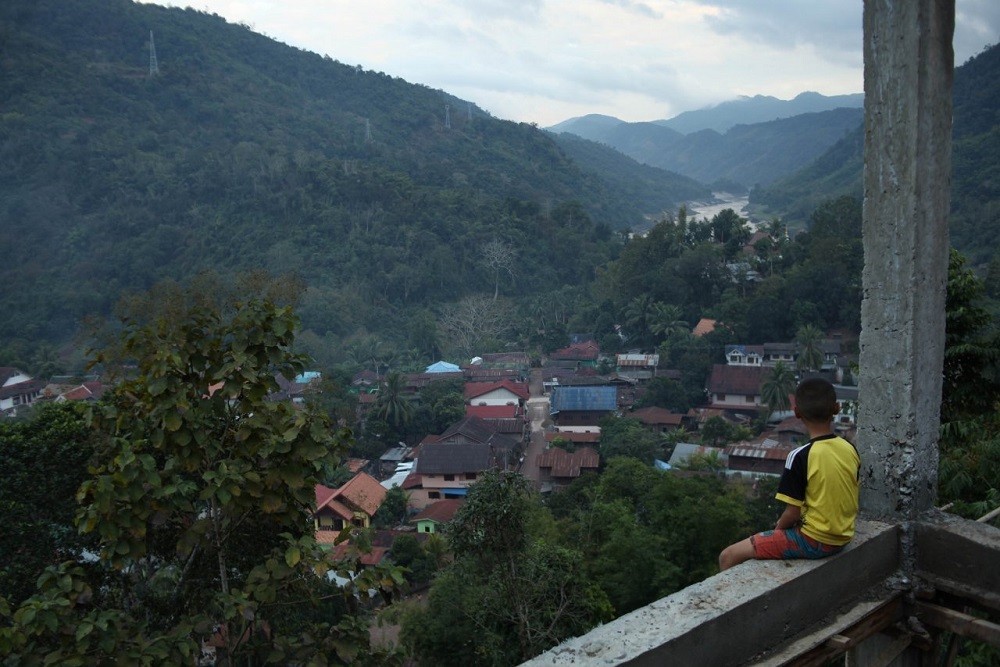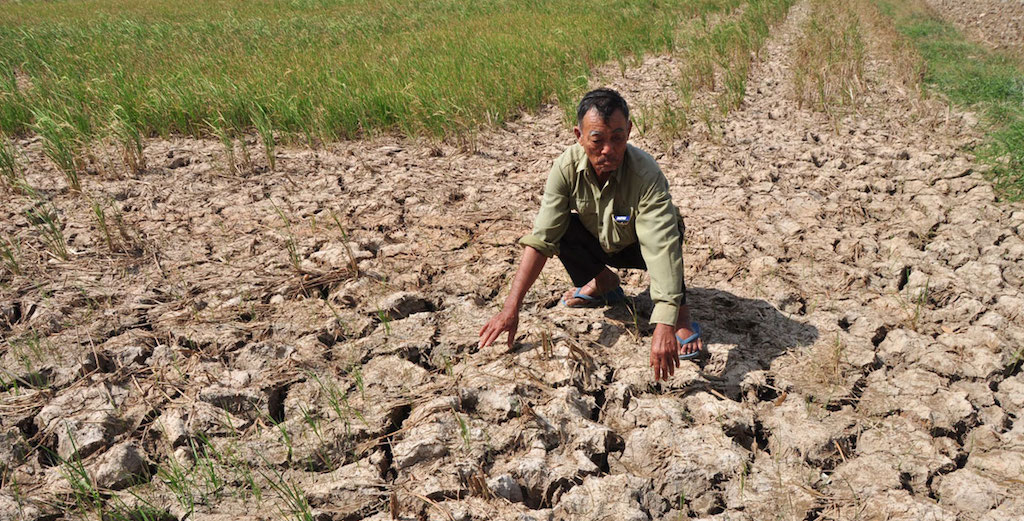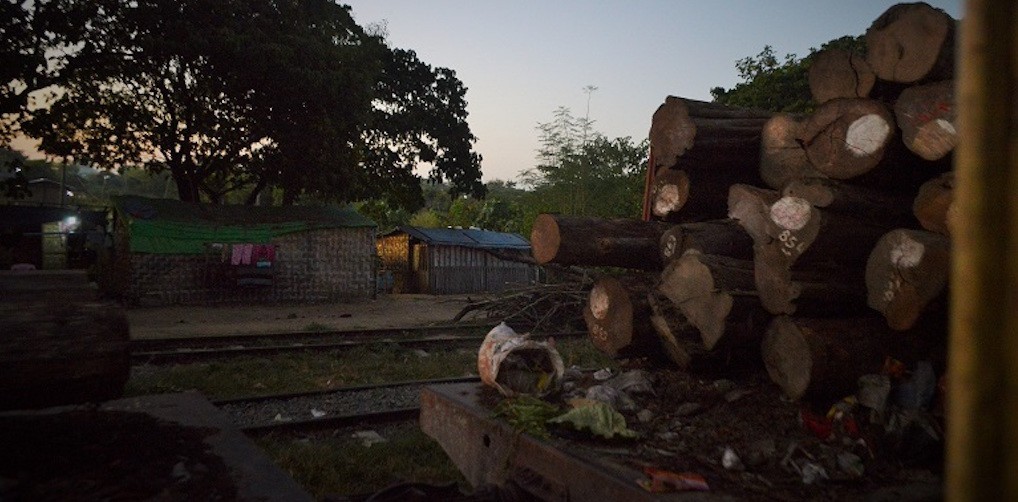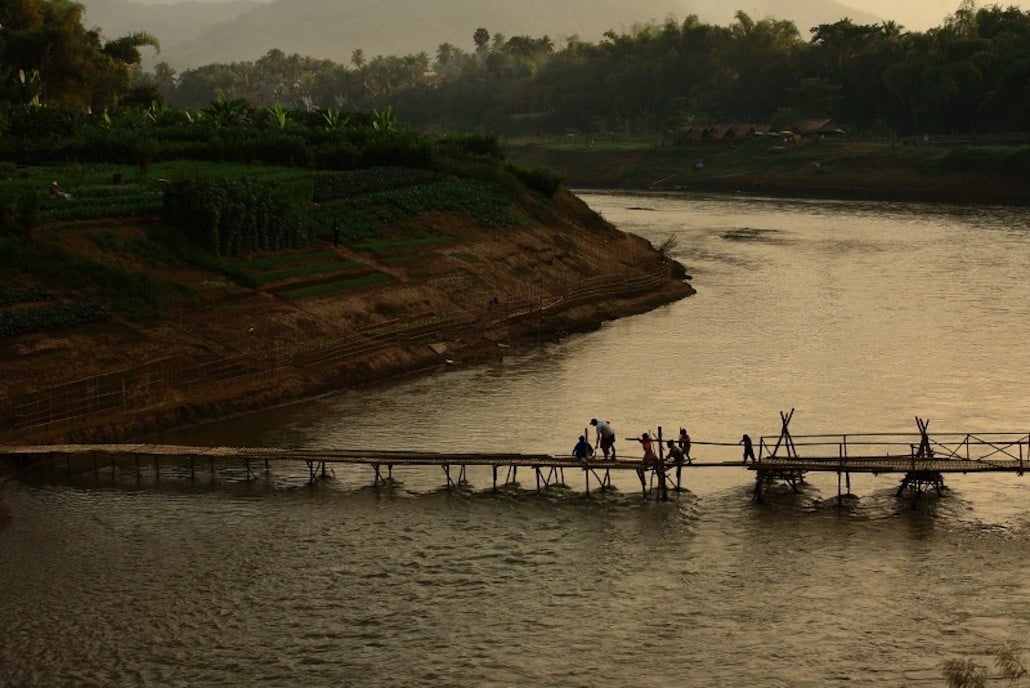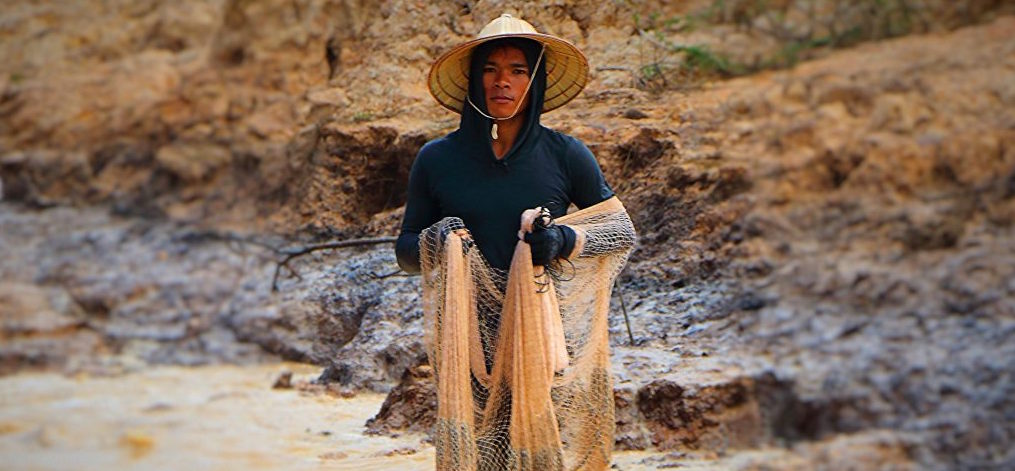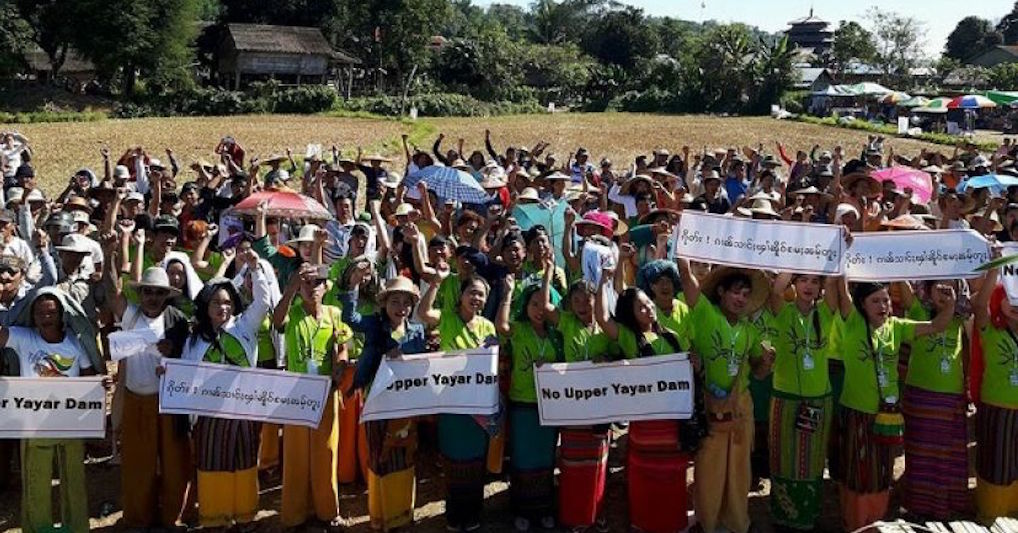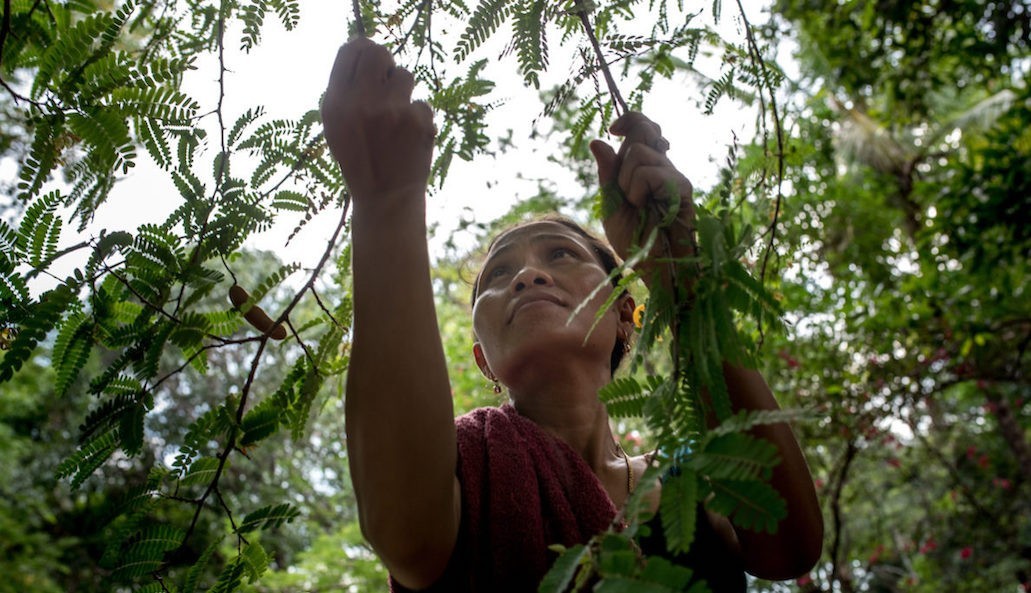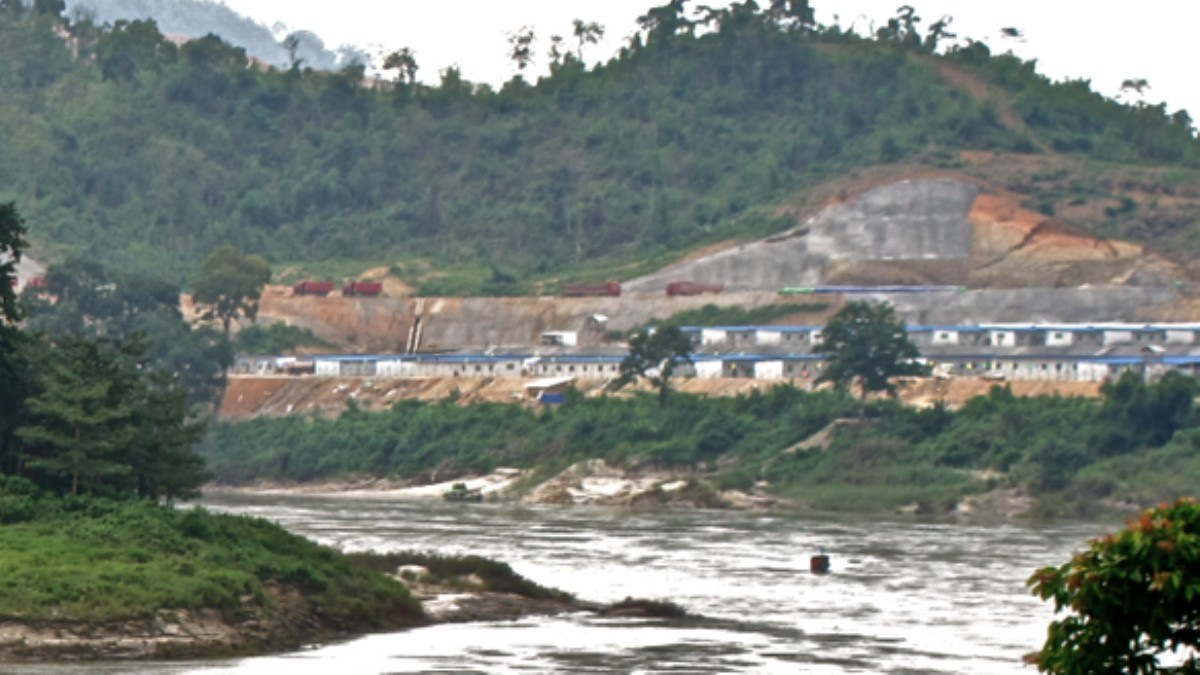DEPENDING on who you speak to, there are naturally differing perspectives in regard to the future of the Mekong River, as most people living along the river look for a sustainable future through conservation of the existing ecosystem, while governments seek balanced resource usage and benefit-sharing arrived at via diplomacy and negotiation.
Tag: Environment
Journalism Workshops & Grants Update: Climate, Data, Biodiversity, S. America Fellowship
New opportunities for environmental journalism grants, workshops and awards from Mekong Matters/EJN, our partners, and others.
Is Vietnam in for Another Devastating Drought?
Right now in coastal provinces around the Delta, thousands of farmers, especially those who miserably suffered during last year’s historic drought, are mobilizing to prepare for another similarly devastating drought, which is expected to arrive in the Delta in a few weeks.
Chain Saw Injuries in Myanmar Tied to Illegal Logging
As darkness fell in the forests of central Myanmar on a rainy evening last July, May Thu and her husband Myint Swe*, were wrapping up their day’s work: illegal logging. May Thu, a petite 27-year-old with long black hair and shining black eyes, clambered on top of some logs assembled in a pile. It was monsoon season and the wood was slippery. She fell and landed on the buzzing blade of her husband’s chain saw.
The soul of the Mekong is in serious trouble
Prime Minister Prayut Chan-o-cha last week asked reporters why non-governmental organisations (NGOs), environmental activists and academics continue to protest against the planned blasting of rapids in the Mekong River.
He said many of these protesters are outsiders, meaning people who do not live by the riverside, do not fish its waters or make a living from the river and do not, in fact, have any stake in the river at all.
Threats to South-East Asia’s treasures
South-East Asia includes at least six of the world’s 25 “biodiversity hotspots” – areas of the world with an exceptional concentration of species, which are also under serious threat.
New study shows significant impact of Chinese dams on Mekong
Large dams on the Mekong River in China’s Yunnan Province have considerable impacts on downstream river flows, new research by myself and colleagues at Aalto University in Finland and published recently in the Journal of Hydropower has shown.
Environmental groups voice opposition to IFC dam workshops
Leading Burmese environmental groups, including Burma Rivers Network (BRN) and Save the Salween Network (SSN), today released a statement, voicing strong opposition to the International Finance Corporation (IFC), which they say is currently promoting various hydropower projects in areas that are primarily conflict zones.
Before the Flood: can the Bunong culture survive Cambodia’s Sesan II dam?
At a time when much of Cambodia is developing at a breakneck speed, where smartphones and BMWs have become almost as ubiquitous on the streets of Phnom Penh as saffron-robed monks, the village of Kbal Romeas inhabits a world apart. Tucked deep into the jungles of the country’s untamed northeast, the village has no convenience stores, streetlights, or paved roads. Instead, a visitor would be more likely to find a stretched snakeskin nailed to a piece of teak, drying in the midday sun as a testament to the animist beliefs of the people who live there.
Minister discusses dams and hydropower with Chinese firm
Top officials from Myanmar have discussed dams and hydropower projects with one of China’s biggest hydropower companies.


